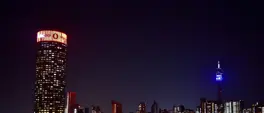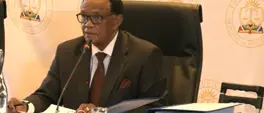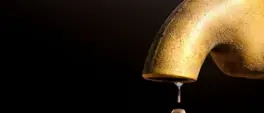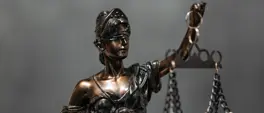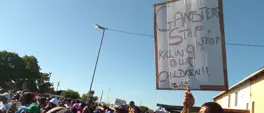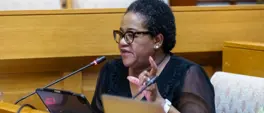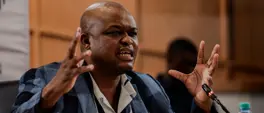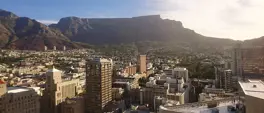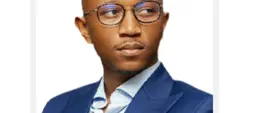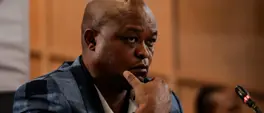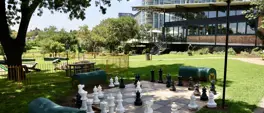Inquiry witness drops bombshell, admits to starting deadly uSindiso building fire
Alpha Ramushwana
23 January 2024 | 11:00The man, who claims to have started the fire that resulted in the deaths of more than 70 people, said he was trying to get rid of evidence after he killed a person on the night of the blaze.
JOHANNESBURG - A witness in the commission of inquiry into the Marshalltown fire that killed 77 people has admitted under oath to setting the uSindiso building on fire on 31 August last year.
He made the shocking revelation during an in-camera sitting on Tuesday morning, meaning Eyewitness News cannot disclose his identity.
He told the panel of commissioners that the fire flared when he set a body alight, which he strangled to death on the night of the fatal blaze.
ALSO READ:
- Cops fail to prevent people from re-occupying Usindiso building amid inquiry into deadly fire
- Marshalltown fire: Criminals stole victims' belongings after fire started, inquiry told
- uSindiso building was infiltrated by gangsters who controlled everything, inquiry told
The commission was appointed to probe the possible causes of the fire that gutted the uSindiso building, leaving hundreds of people displaced.
The man, who claims to have started the fire that resulted in the deaths of more than 70 people, said he was trying to get rid of evidence after he killed a person on the night of the blaze.
He said he then went to buy petrol and poured it over the body and threw a matchstick to ignite the flame before he fled the building.
The witness broke out in tears and told the panel of commissioners that he often prayed that God would punish him as his actions led to one of South Africa’s biggest tragedies.
The witness said that when he set the building on fire, he was high on crystal meth, which was supplied by a drug lord who he referred to as the "big boss" in the uSindiso building.
The inquiry’s evidence leader, Ishmael Semenya, said that evidence presented in the inquiry was inadmissible.
Get the whole picture 💡
Take a look at the topic timeline for all related articles.

